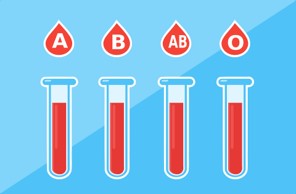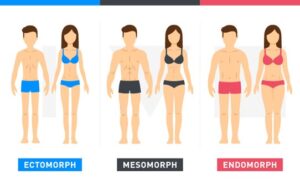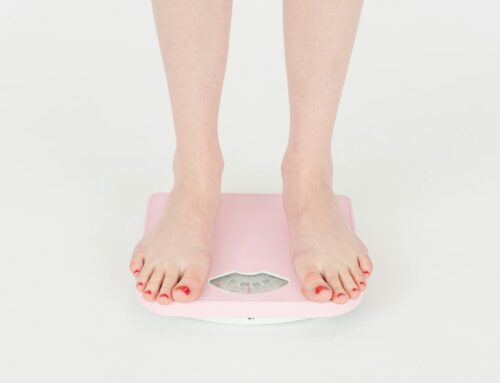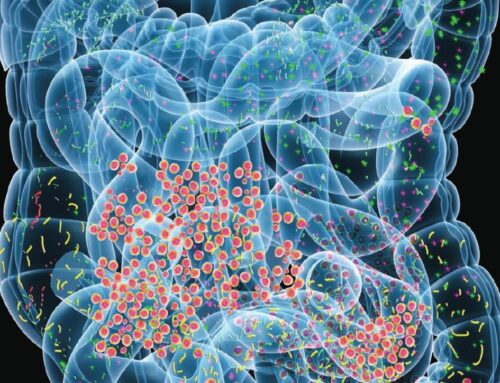Eat To Thrive Basics
What does it truly mean to “Eat to Thrive?”
The definition can vary from person to person because we are all unique. Knowing as much about your individual body as possible can help you not only to select the right foods, but also help to create lifelong health. If you eat specifically for what makes you “you,” you’ll be much more inclined to latch on to the ideology for life.
Blood type, somatotype and Ayurvedic body typing can provide great insight and guidance into what food, exercise type, frequency and percentage of macros make the most sense individually. In addition, understanding our microbiome make-up can also help in selecting foods that make us feel our best, provide energy and eliminate bloating and digestion issues. Through microbiome testing, you can determine what foods interact best with the current make-up of bacteria and viruses present in your gut.
But aside from knowing exactly what our individual bodies need, there are basic pillars of nutrition that can be adhered to by all. Ever wonder why you’ll hear a friend say they’ve been on a raw vegan diet and they’ve lost so much weight, are feeling incredible and all their health problems have vanished? Then the following week another friend tells you how much success they’re having on the carnivore diet. It’s mind-blowingly frustrating trying to decipher what route to go, isn’t it? How can two completely different types of diets with conflicting ideology work for different people? First, it’s because both “diets” tend to cut out the crap. They cut out most processed and refined foods. That alone can be life changing. Forget what you hear from the mainstream about “there is no bad food.” I’m here to tell you, yes there is. Have you ever tried to eat one Dorito? It’s impossible, isn’t it? It’s because they’re created to be addictive. So while the age-old saying of “everything in moderation,” is true, it’s also false. Why? Because food manufacturers intentionally created processed foods to be addictive. So, working to change your pallet and your gut microbiome will help you to avoid consuming these types of foods, even in moderation, because you will no longer crave them. Eating whole food sources of real fiber and protein at every meal is the first step in changing your pallet. Second, certain body types can thrive on a predominantly plant-based diet while others cannot and while one body may be able to consume epic proportions of red meat and bull testicles at each meal, if you don’t have the stomach acid present to digest red meat every day, chances are you’ll end up with digestive issues and acid reflux. So, if you’re just getting started with healthier eating habits and want to just feel better and aren’t sure which direction to go, start here:
- View food as medicine. You’re either supporting your health or you’re working against it with the foods you eat.
- Eat nutrient-rich, organic whole foods from nature when possible and work to avoid processed food. Frozen vegetables and fruits are less expensive and because they are flash frozen at the time they are picked, many times they are even higher in nutrients than fresh that has to travel from far distances. When you eat nutrient-rich, you won’t need to calorie count after you initially get a gauge on your intake.
- Protein + Fiber= Satiety. The higher the nutrient count, the fuller you will feel. Your body processes 100 calories in an apple differently than a 100-calorie package of pretzels (Apple: Fiber, Vitamins C, B Complex Vitamins, Potassium) (Pretzel: Nutritionally empty, spikes your blood sugar levels, stimulates your appetite causing glucose-induced food cravings for the rest of the day.)
- If you do eat animal products or dairy, choose organic, free-range and raw sources of dairy when possible.
- Avoid GMOs (specifically GMO wheat, sugar beets, soy and corn derivates.)
- Limit antibiotic use through both pharmaceuticals and factory-farmed meats and GMOs. (Factory-farmed animals are given antibiotics, which pass along to you and GMO crops are sprayed with glyphosate, which acts as an antibiotic. The accumulation over time has been proven to affect the gut microbiome.)
- Limit alcohol and caffeine: As we age the body tends to metabolize both alcohol and caffeine less efficiently. If you start to notice anxiety throughout your day, take a look at your caffeine intake. The liver processes alcohol first because it views it as a toxin that the body needs to eliminate, leaving actual food to be digested after; ultimately slowing down metabolism for many.
- Aim for good digestion by regulating your internal clock (circadian rhythm) through regular sleep and regular eating times.
- Work to avoid stress by using techniques like yoga, meditation and detachment.
- Avoid prolonged periods of “grazing” throughout the day. When we “graze from a bag or box throughout the day, more stomach acid is utilized. By the time we get to dinner, we have less stomach acid to digest our final meal, which ultimately can lead to a sluggish metabolism and even conditions such as acid reflex/GERD.
- Beware of food marketing: ALWAYS, ALWAYS, ALWAYS flip the product around and read the actual ingredients and the nutrition panel versus the front panel that’s usually full of marketing callouts. Watch out for ingredients like “natural flavors” that aren’t actually natural at all.
- Avoid BPA and eating/drinking foods in plastic. Even things like salsa, which is acidic, can eat away at plastic containers, causing it to leach into your food.
- Focus on gut health: Sauerkraut is one of the best probiotics (for the histamine tolerant). Take a gut microbiome test to get the full insight.
For additional support and guidance on how to eat for your unique, individualized body, reach out any time!







